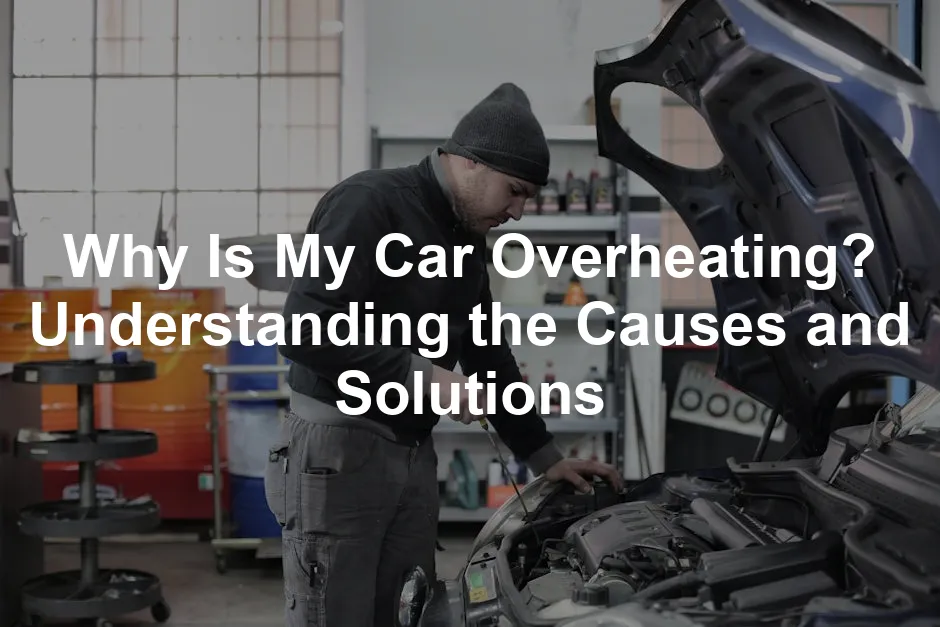
Why Is My Car Overheating? Understanding the Causes and Solutions
Introduction
Car overheating is a serious issue. It can lead to costly repairs and safety risks. Understanding the causes helps prevent engine damage. In this section, we’ll discuss solutions and preventive measures to keep your car running smoothly. But first, make sure your coolant is up to par! Consider grabbing some Prestone AS1050 Antifreeze and Coolant to keep your engine cool as a cucumber!

Summary and Overview
Overheating occurs when the engine loses its ability to dissipate heat. This can severely impact vehicle performance. Common signs include a rising temperature gauge, steam from the hood, or strange noises. Early detection is crucial to avoid major repairs.
The main causes of overheating include low coolant levels, a faulty thermostat, or issues with the water pump. Ignoring these signs can lead to expensive fixes. Timely intervention can make a difference, so let’s explore these causes further. And hey, a reliable Stant 10227 Thermostat can help keep your engine in check!
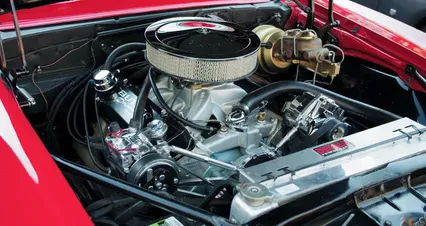
Understanding why your car is overheating is essential for effective prevention and maintenance. why is my car overheating
Importance of Addressing Overheating Immediately
If you notice your engine overheating, act fast. Delaying action can result in permanent damage. Don’t forget to check your water pump, too! A quality ACDelco 252-686 Professional Water Pump could save your engine from overheating disasters!
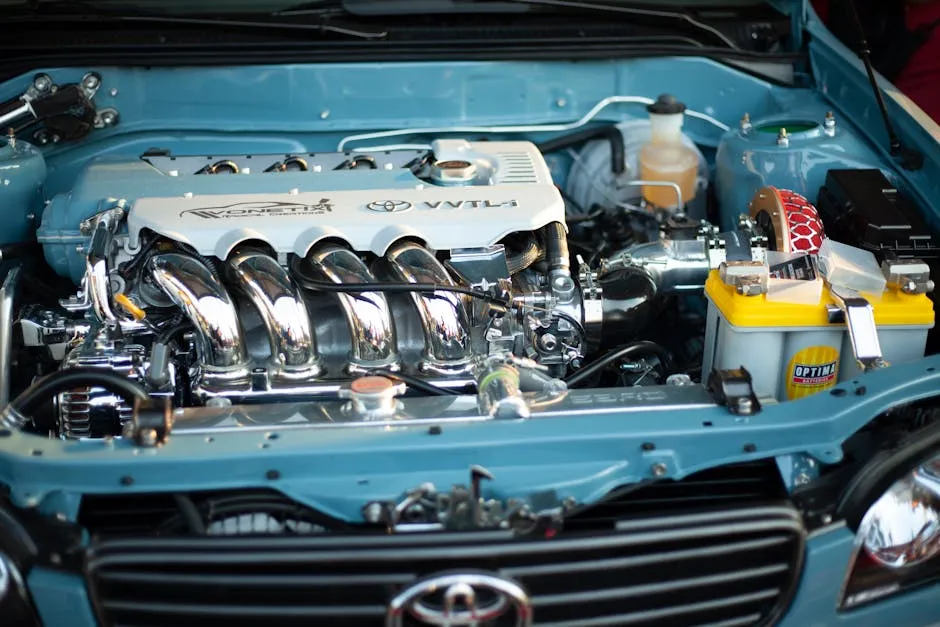
Overview of Symptoms
Watch for warning lights, unusual sounds, or steam. These symptoms indicate your engine needs attention.
Preventive Measures
Regular maintenance can help avoid overheating issues. Checking coolant levels and ensuring proper airflow are key steps. Speaking of maintenance, a Haynes Repair Manual can guide you through those DIY fixes like a pro!
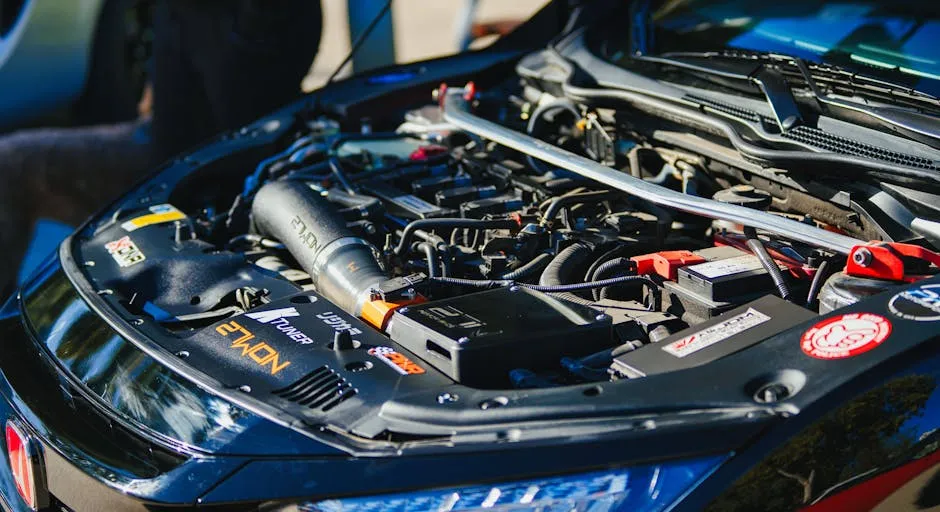
Signs Your Engine is Overheating
Temperature Gauge and Warning Lights
Your car’s temperature gauge is crucial. It shows the engine’s heat level. If it moves toward the red zone, pay attention! A warning light, often a thermometer icon, signals trouble. Ignoring these indicators can lead to severe damage. Always monitor these gauges while driving.
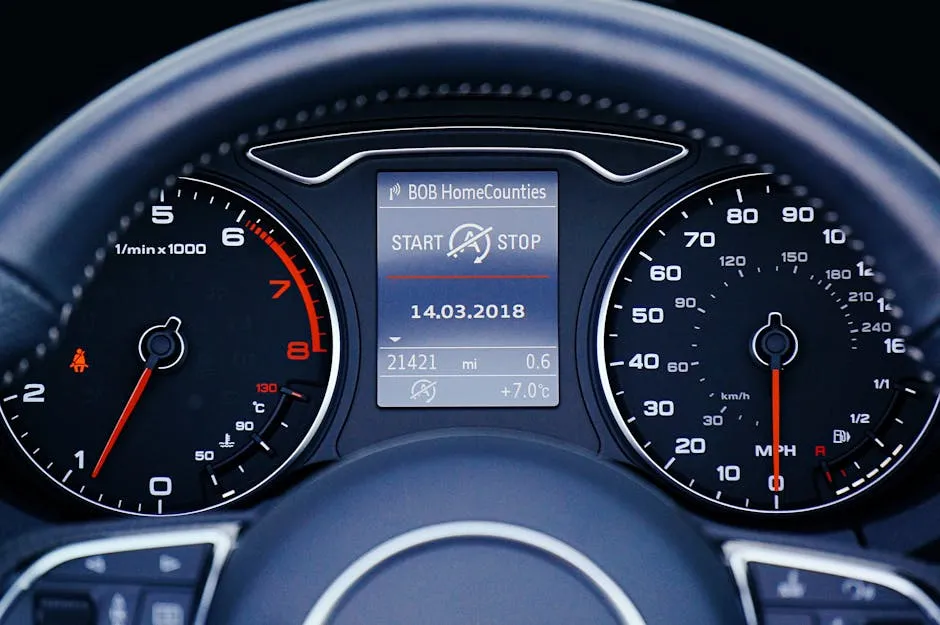
Unusual Noises
Listen closely when driving. Clicking or clanking noises can indicate overheating. As the engine overheats, oil loses its lubricating properties. This can cause metal parts to rub against each other, creating strange sounds. Don’t ignore these noises; they may signal serious engine issues. And if your oil is due for a change, consider using Mobil 1 Extended Performance Full Synthetic Motor Oil for optimal performance.
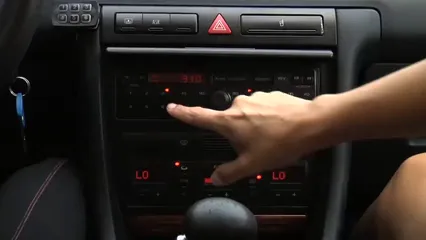
Steam or Smoke
Seeing steam or smoke? Stop driving immediately! Pull over to a safe spot and turn off the engine. Wait for at least 30 minutes before checking under the hood. Steam can cause burns, so be cautious. If steam continues, call for help. Safety first!

Strange Smells
Pay attention to unusual smells. A burning plastic odor might indicate melted components. A sweet smell, similar to maple syrup, often comes from overheating coolant. Burning oil can produce a sulfur-like scent. If you detect any of these, it’s time to investigate further.
Performance Issues
Overheating affects your car’s performance. You may notice sluggish acceleration or stalling. This happens because excess heat disrupts the air/fuel mixture in the engine. If your vehicle isn’t responding as usual, overheating might be the culprit. Don’t hesitate to get it checked out.

Recognizing these signs early can save you from costly repairs. Always prioritize safety and seek professional assistance when needed. Your car deserves the best care! And if you ever find yourself stuck, having a ACDelco 10-1008 Professional Engine Oil Filter handy is a smart move!
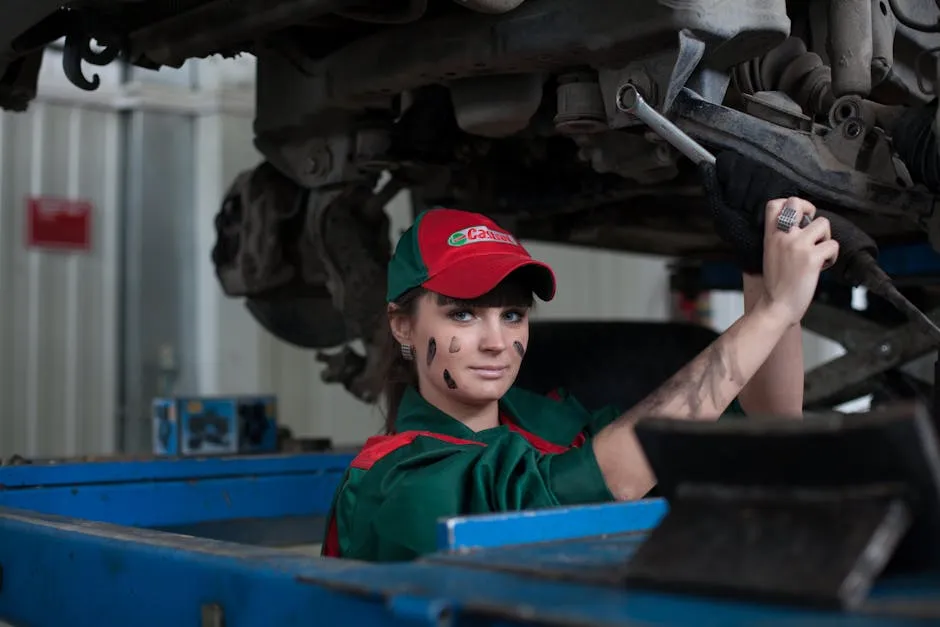
Preventative Measures to Avoid Overheating
Regular Maintenance
Regular maintenance is crucial for your vehicle’s health. Routine checks can help catch issues before they escalate. Checking coolant levels should be part of your monthly routine. Aim to inspect your coolant and oil every few thousand miles. It’s a simple task that can save you from costly repairs later. Don’t wait for warning lights; be proactive! And while you’re at it, consider investing in a Kobalt 227-Piece Mechanics Tool Set for all your DIY needs!
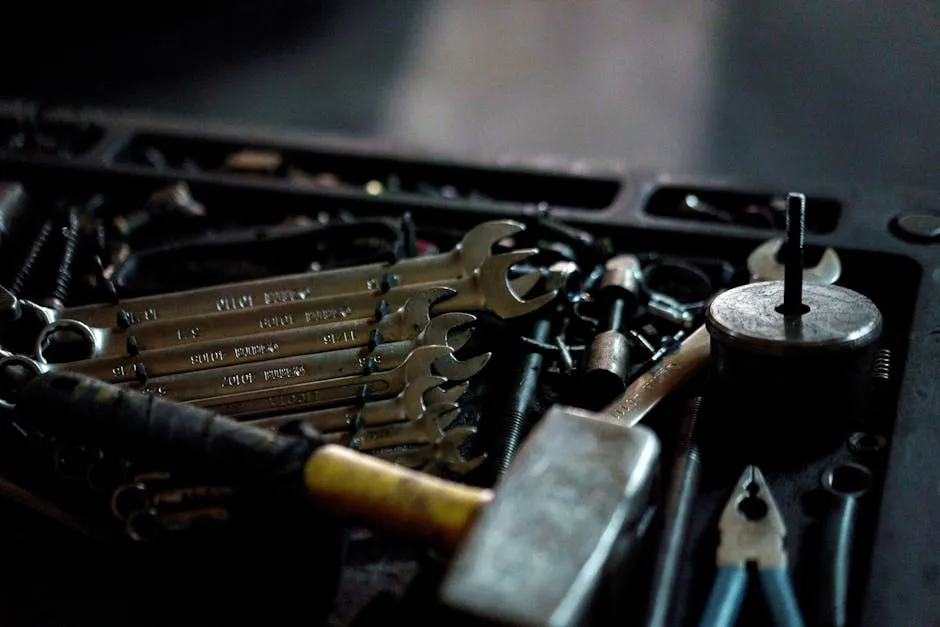
Driving Tips
Your driving habits can significantly impact engine temperature. Avoid aggressive driving; it can increase engine heat. Instead, accelerate smoothly and maintain a steady speed. When on long trips, keep an eye on the temperature gauge. If it starts to rise, consider taking breaks to let your engine cool down. Remember, the more you monitor, the better you can prevent overheating.

Emergency Preparedness
Being prepared for emergencies is always wise. Maintain an emergency kit in your vehicle. Include essentials like coolant, water, and basic tools. This kit can be a lifesaver if you encounter overheating. Also, consider your local weather. Extreme heat can strain your engine. Be ready for it by checking your car before hot weather hits. Preparedness today can save you from headaches tomorrow. And don’t forget to toss in an EPAuto 12V DC Portable Air Compressor for emergencies!

FAQs
Why is my car overheating even if the coolant is full?
Your car can still overheat even with full coolant. One common culprit is a faulty thermostat. This component controls coolant flow. If it gets stuck, it prevents proper circulation. Another potential issue could be a failing water pump. This pump is essential for moving coolant. If it malfunctions, heat builds up, causing overheating. Regular checks can help identify these problems early.
Can driving in hot weather cause my car to overheat?
Absolutely! Hot weather can stress your engine. High temperatures increase the risk of overheating. The cooling system has to work harder to maintain optimal engine temperature. If your coolant levels are low or there are other issues, hot weather can lead to serious overheating. Always monitor your temperature gauge during warm days.
How can I temporarily cool down my engine if it overheats?
If your engine overheats, there are a few things you can do. First, turn off the air conditioning to reduce engine strain. Then, crank up the heater to maximum. This might feel uncomfortable, but it helps pull heat away from the engine. If possible, find a safe place to pull over and turn off the engine. Allow it to cool before taking further action.
What are the long-term effects of driving an overheated car?
Driving an overheated car can lead to severe damage. Prolonged overheating can warp the engine block or damage the head gasket. This can result in costly repairs or even engine replacement. Additionally, overheating can affect other components, like the radiator and hoses, leading to further issues down the line. It’s critical to address overheating immediately to prevent long-term damage.
How often should I check my coolant levels?
Checking your coolant levels is essential for engine health. Aim to check them at least once a month. Before long trips or during extreme weather, do a quick check. Keeping an eye on coolant levels helps prevent overheating. If you notice a drop, investigate for leaks or other issues. Regular maintenance can save you from major headaches later.
Common Causes of Car Overheating
When your car overheats, it’s essential to identify the cause quickly. Understanding these issues can save you from costly repairs and keep your vehicle running smoothly. Let’s explore several common culprits behind engine overheating. And remember, a Duralast Gold Radiator is a great investment for those Ford vehicle owners!

Low Coolant Levels
Coolant plays a vital role in regulating engine temperature. It absorbs heat and prevents overheating. If your coolant is low, it might indicate a leak. Regularly check the coolant reservoir for proper levels. If you notice it’s low, top it off and inspect for leaks around hoses or the radiator.
Faulty Thermostat
The thermostat controls coolant flow in the engine. If it fails, it may get stuck closed. This prevents coolant circulation, causing the engine to overheat. Watch for rising temperatures, as this could indicate thermostat issues. If you suspect a problem, consult a mechanic for inspection and replacement.
Water Pump Issues
The water pump circulates coolant through the engine and radiator. If it’s worn or damaged, it can’t function properly. Signs of a failing water pump include unusual noises or leaks. Regular maintenance can help ensure your water pump is in good condition. By the way, keep an eye out for a good BAFX Products Bluetooth OBD2 Scanner to diagnose issues before they escalate!
Radiator Problems
The radiator cools the coolant before it re-enters the engine. If it’s clogged or leaking, it can’t dissipate heat effectively. Look for signs of radiator damage, such as visible leaks or corrosion. A professional inspection can determine if it needs cleaning or replacement.
Engine Oil Issues
Engine oil reduces friction and absorbs heat. Low or dirty oil can hinder its effectiveness, leading to overheating. Regularly check oil levels and change it as recommended. Clean oil ensures better engine performance and temperature regulation. If you need a reliable filter, check out the ACDelco 10-1008 Professional Engine Oil Filter!
Blocked Cooling System
Debris in the cooling system can obstruct coolant flow. This blockage can lead to overheating. Inspect hoses and radiator for any signs of buildup. Regular flushing of the cooling system can prevent blockages and keep things running smoothly.
Poor Ventilation
Adequate airflow is crucial for cooling your engine. If airflow is blocked by debris or obstructions, it can lead to overheating. Check for leaves or dirt around the engine compartment and clean as necessary to maintain proper ventilation.
Worn Belts and Hoses
Belts and hoses are essential in the cooling system. Over time, they can wear out, crack, or fray. This can disrupt coolant flow, contributing to overheating. Regularly inspect these components and replace them at the first sign of wear. And hey, if you need a hand, a Black+Decker 20V MAX Cordless Drill/Driver can be your best friend!
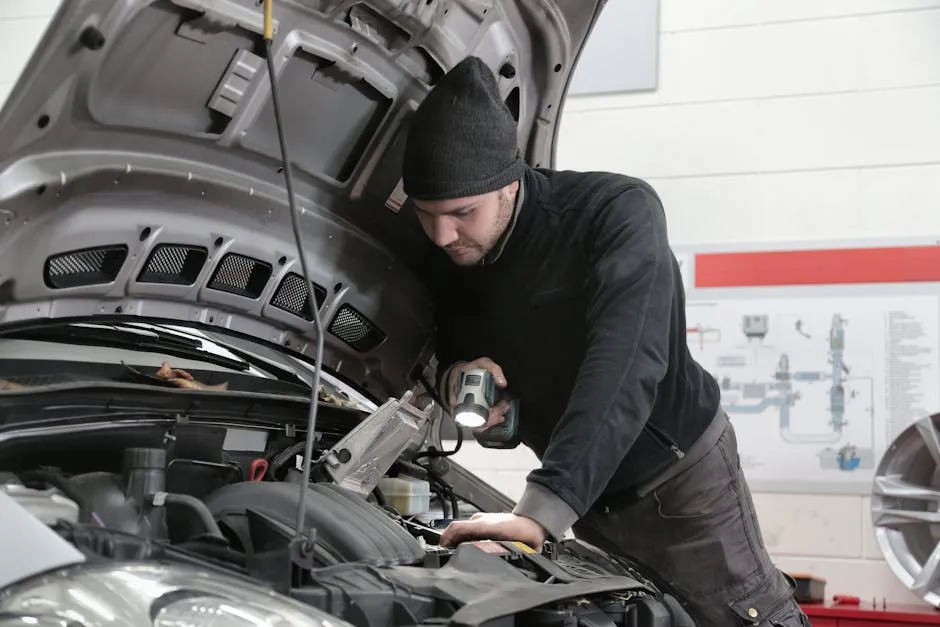
By being aware of these common causes, you can take proactive steps to prevent overheating. Regular maintenance and timely inspections will help keep your car in top shape. If overheating persists, seeking help from a professional mechanic is essential. Your vehicle deserves the best care! And don’t forget to keep your car tidy with an Armor All Car Cleaning Kit!

Please let us know what you think about our content by leaving a comment down below!
Thank you for reading till here 🙂
All images from Pexels




